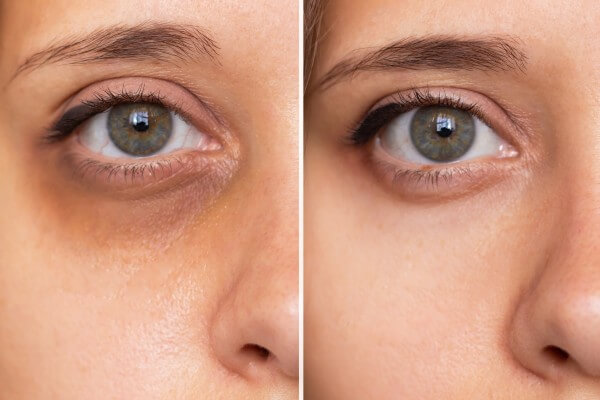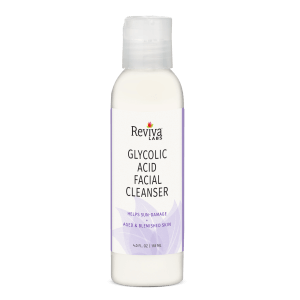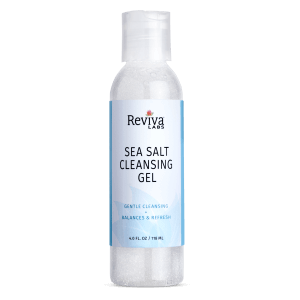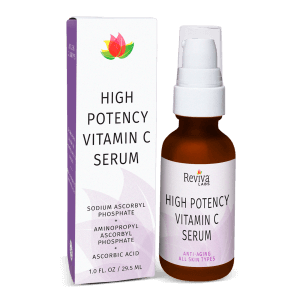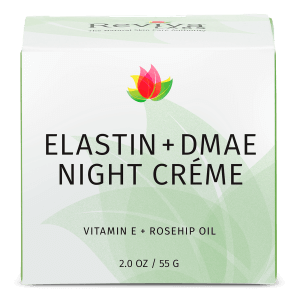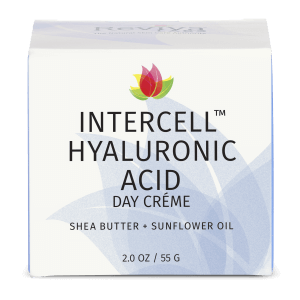Reviva Labs, Skin Care
Should Your Morning and Nighttime Skincare Routines Be Different?
Most of us have heard about the importance of consistency in skincare, but does that mean using the same products morning and night? The short answer – no, not necessarily. What your skin needs in the morning isn’t always the same as what it craves at night. Let’s unpack why tailoring your routine to the time of day can make all the difference for healthy, glowing skin.
The Skin’s Natural Rhythm
Your skin operates on a 24-hour cycle, also known as its circadian rhythm. During the day, your skin focuses on protection—shielding itself from UV rays, pollution, and environmental aggressors.
At night, it shifts gears to repair and regenerate. This natural rhythm influences how your skin responds to ingredients and determines what kind of care it needs.
The bottom line is that some ingredients shine in the morning, while others work best at night. For example, Vitamin C is excellent for daytime because of its antioxidant properties, but retinoids are better suited for nighttime since they can make your skin more sensitive to sunlight. Similarly, lightweight, fast-absorbing moisturizers work well during the day, while heavier creams are better at night for repairing the skin barrier.
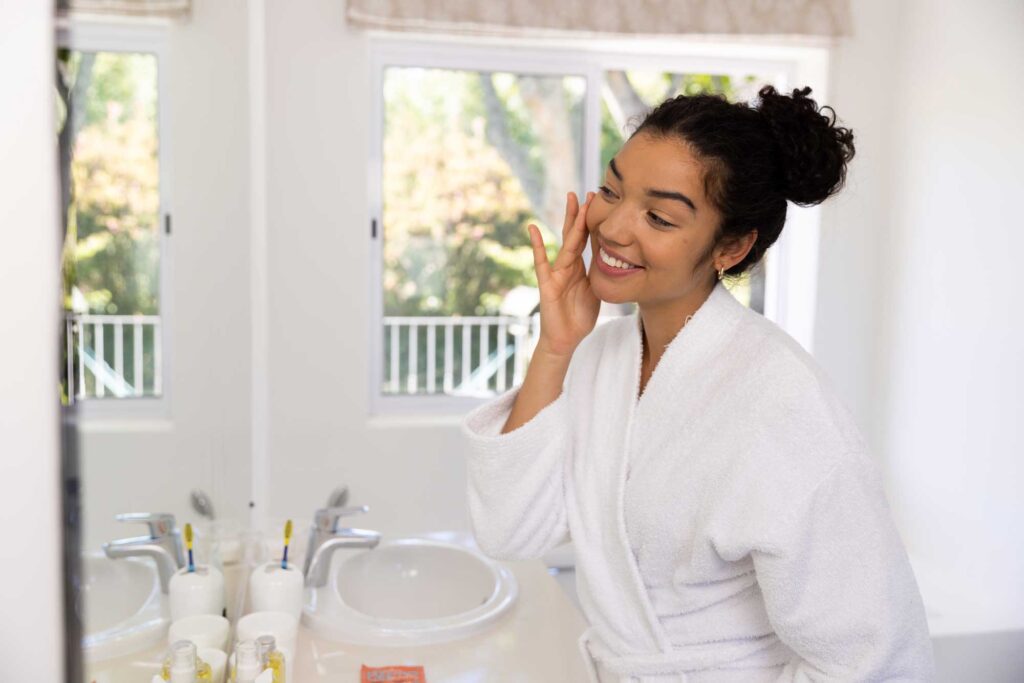
Morning Goals – Protection and Hydration
The primary focus of your morning routine should be protection. After all, your skin is about to face all sorts of environmental elements. Here’s what a morning skincare lineup might include:
- Gentle Cleanser or Toner: Even if your skin doesn’t feel oily, it’s important to wash away sweat and any residue from the night before. A mild cleanser preps your skin without stripping its natural oils. Alternatively, you can also just rinse your skin with warm water and follow with your favorite toner to refresh your skin at the start of the day.
- Antioxidant Serum: Think of antioxidants like Vitamin C as your skin’s shield. They neutralize free radicals from UV rays and pollution, preventing premature aging and dullness.
- Lightweight Moisturizer: A hydrating but non-greasy moisturizer locks in moisture and primes your skin for sunscreen.
- Sunscreen: The most critical step in your morning routine. Look for a broad-spectrum SPF 30 or higher and apply it generously. Sunscreen protects your skin from both UVA and UVB rays, which can cause long-term damage.
Nighttime Goals: Repair and Renewal
Your nighttime routine is your opportunity to give your skin some extra TLC. Without the stresses of sun exposure and pollution, your skin can fully absorb active ingredients that encourage repair and rejuvenation.
- Makeup Remover/Cleansing Oil: If you wear makeup or sunscreen, start with a cleansing oil or balm to remove these layers without tugging at your skin.
- Hydrating Cleanser: Follow up with a gentle cleanser to ensure every trace of dirt and oil is gone. Double cleansing ensures your skin is clean but not over-stripped.
- Treatment Products: Nighttime is the ideal time to use retinoids, exfoliating acids (like glycolic or lactic acid), or other targeted treatments. These ingredients can help with cell turnover, fading dark spots, or smoothing fine lines.
- Moisturizer or Sleeping Mask: End your routine with a deeply hydrating product to lock in moisture and support your skin’s overnight repair process.
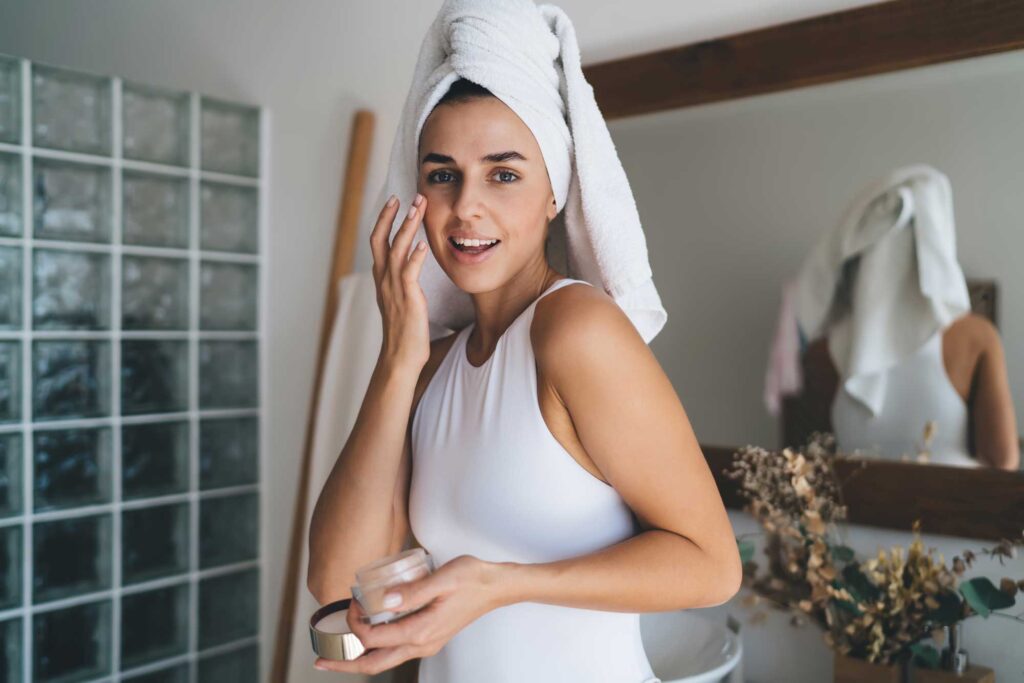
Can You Use the Same Products for Both?
It’s possible to use certain products—like a basic cleanser or moisturizer—morning and night. However, you’ll miss out on the specific benefits that come from tailoring your routine. A morning serum rich in antioxidants, for instance, won’t have the same effects as a nighttime serum with retinol. Each product is designed with specific goals in mind, and using them at the right time maximizes their effectiveness.
Common Mistakes to Avoid
- Skipping Sunscreen in the Morning: Even if you’re indoors, UVA rays can penetrate windows. Make sunscreen non-negotiable.
- Overloading on Actives at Night: More isn’t always better. Using multiple treatments like retinoids and acids together can irritate your skin. Alternate nights or layer wisely.
- Using Day Creams at Night: Day creams often contain SPF, which isn’t needed at night. Instead, opt for a product that focuses on hydration and repair.
Your morning and nighttime skincare routines don’t need to be identical but by aligning your routine with your skin’s natural rhythm, you can give it exactly what it needs to look and feel its best. And remember, consistency is key—a thoughtfully designed routine, practiced daily, will yield the best results.






